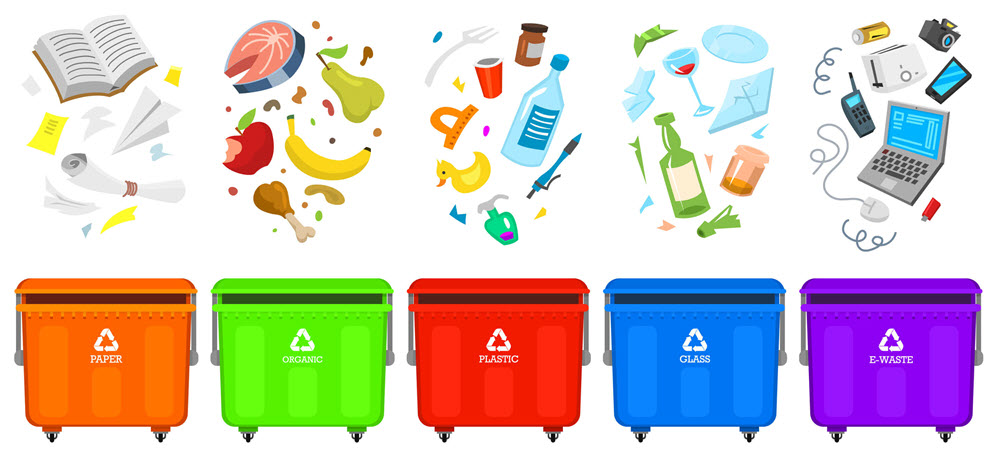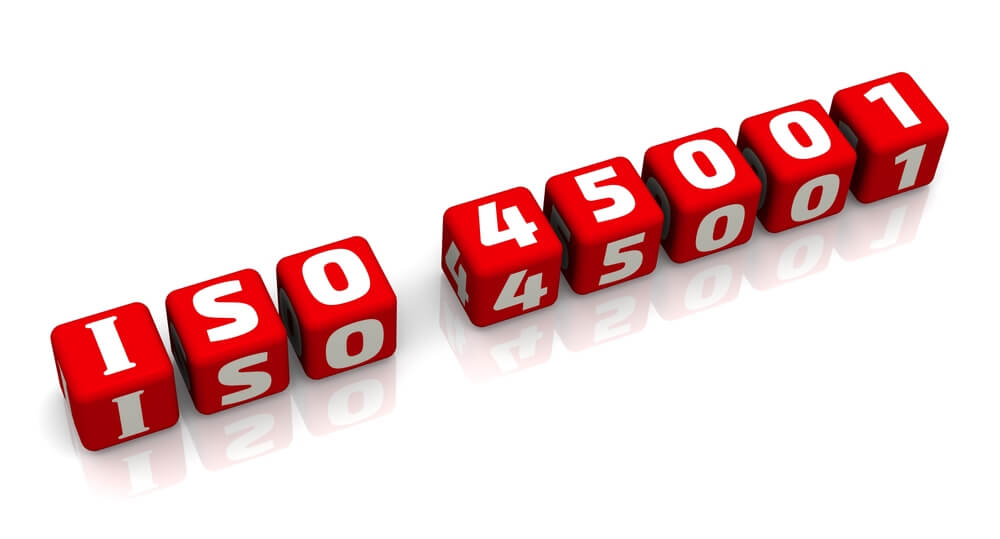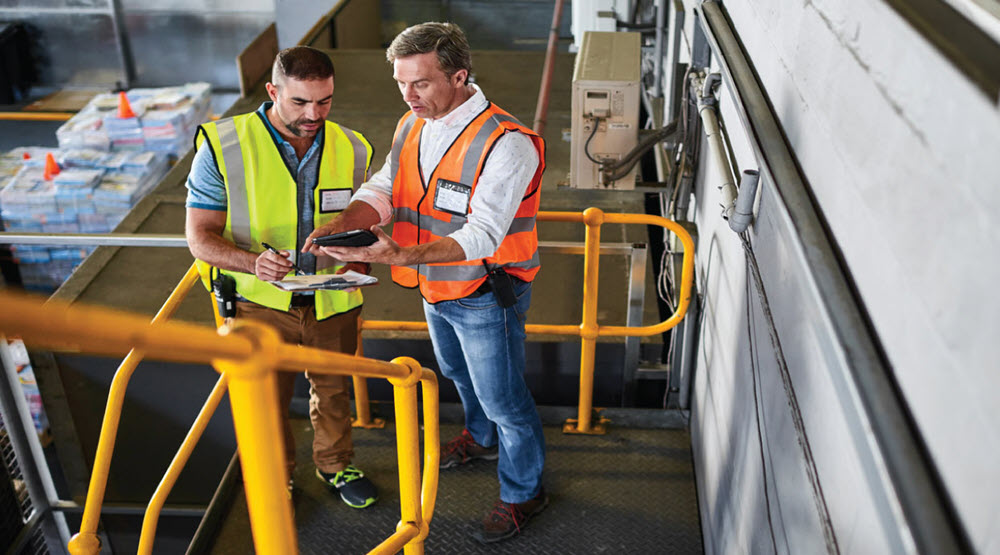EQMS Blog

Implementing An ISO 14001 Waste Management System
What is ISO 14001?
ISO 14001 is an internationally recognised standard for environmental management, which help organisations reduce their negative impact on the environment. It also helps organisations stay up to date and compliant with statutory and regulatory requirements related to the environment.
What is a Waste Management System?
Waste management is not just collecting and dumping rubbish. In fact, many businesses and companies use hazardous chemicals and materials in their operations that need to be handled properly or otherwise it is a great threat to the environment. Even everyday used items include things as electronic devices, fluorescent lamps, batteries, solvents and oils amongst many others. Therefore, a structured approach for handling such hazardous wastes is provided by ISO 14001. The type of waste an organisation generates, is determined during the mandatory evaluation of its environmental aspects and their impact. Ones identified; process controls can be defined for proper treatment of the wastes.
Implementing an ISO 14001 Waste Management System
It is important to involve senior management in the development, implementation and management of an ISO 14001 waste management system. Management support is significant in this process. It is therefore important to convince senior management that implementing an ISO 14001 waste management system is beneficial for the business and they must be involved throughout the whole process. Critical support from their site include, but is not limited to, review and approval of the system, as well as communication with employees at all levels.
For successful implementation of a ISO 14001 waste management system into an organisation, the PDCA (Plan, Do, Check and Act) methodology is a great tool.
Plan – Set up aims and operations
Before implementing an ISO 14001 waste management system, it is recommended to conduct a gap analysis of the organisation’s processes, controls, documentation and products. This is to identify any issues or shortcomings. This step is important in determining all environmental aspects of ongoing and future operations. It can also serve as a basis for legal requirements, which is another important step in successful implementation of ISO 14001.
Do – Implementation
The next step is implementation of the ISO 14001 waste management system. In this process the organisation analyse resources and figure out the responsibilities of employees for successful implementation of a waste management system. This step involves development of policies and procedures relevant to process control. Other procedures involved are emergency preparedness and response systems, together with training employees in their proper use. Communication is very important during the implementation process, so there should be effective communication channels to involve employees at all levels of an organisation. Each employee involved should understand their role and responsibility, to avoid any confusion or non-compliance ones the system is implemented and running.
Check – Monitoring the operations
The work does not end once the ISO 14001 waste management system is implemented. There is a need to monitor the operation to ensure the requirements are met and goals are being achieved. For this purpose, internal audits are performed at regular intervals to ensure that the ISO 14001 waste management system meet the expectations and targets initially defined.
Act – Implement corrective actions
Once the audits are performed and the shortcomings are identified, root cause analysis is performed to identify the root cause of a problem. After identification, corrective actions should be taken to overcome these problems.
ISO 14001 Waste Management System Conclusion
An ISO 14001 waste management system should not be implemented for the sake of complying with the standard, but rather for the benefits it provides. If it is implemented correctly, it is of great significance for the organisation as it can lower cost and minimise waste. It also enhances productivity and profit along with decreasing risks to the environment which currently is very much in focus.
If you would like support or help with developing a waste management system of an Environmental Management System as a hole,then contact us for a free consultation on how we can support with your project.

Request a free consultation
Contact us to discuss your needs and see how we can support to reach your goal.

Recent posts

ISO 45001 is an internationally recognised standard for occupational health and safety management systems. It provides a framework that organisations can use to manage and improve their OH&S performance, minimize...

ISO (International Organisation for Standardisation) is an independent, non-governmental organisation that develops and publishes international standards for various industries and fields. The ISO certification process is a way for organisations...

What is ISO 9001 ISO 9001 is the most widely used and recognised global standard for a Quality Management System (QMS). Its primary goal is to assist companies meet the...
Just a Few of Our Clients
Request a Free Consultation
Contact us to discuss your needs and see how we can support to reach your goal.












